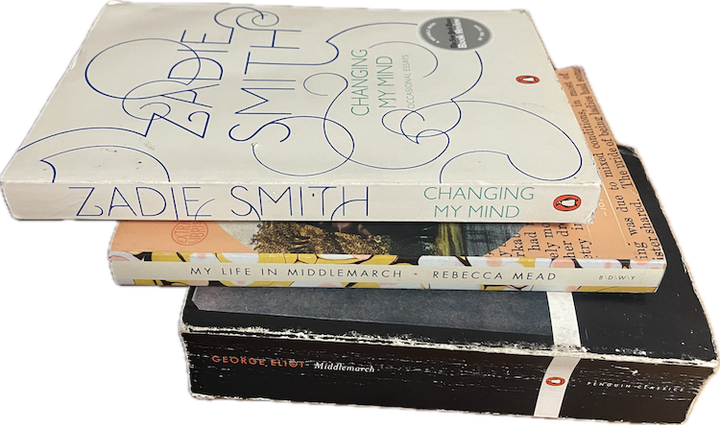The Great Books and Thinkers Not Always Know Best

This essay was originally published by Nicolás Forero on his Substack.
Too often, I fail to solve my problems because I focus on solutions from people or work I feel inferior to.
Meno is a Socratic dialogue about the origin of virtue between Socrates and Meno, a Thessalian General. On my first read of Plato's Meno, I wrote notes like (1) ask why many times, (2) align on what concepts mean, and (3) wow, Socrates is so clever. Meno poses virtue varies depending on marital status, age, and life condition. Socrates argues, "If [virtues] are many, all have the same form, which makes them all virtues." How could I not think about that? This question begins a loop of Meno hypothesizing what virtue could be, Socrates posing a counter-argument, and us not knowing where we are heading.
On my third read, I asked why I expected Socrates to solve the puzzle. Each question Socrates asks Meno builds from the last. The linearity made me feel I could discover the origin of virtue if I answered every question Meno couldn't answer. The first question I had to ask was, why is Meno's assumption that there are many virtues wrong? By extension, inquire, what if Socrates' first counter-argument is wrong?
Socrates brings shapes as an example of the sort of universal definition he's seeking for the subject of virtue. He says a shape is the limit of a solid. Squares, triangles, and rectangles are all shapes because they adhere to this universal definition or rule. The example's explanation might be true, but its plausibility doesn't address the problem of the origin of virtue. Socrates seems to commit a categorical error. He is placing virtue, a subjective intangible, into a category it doesn't belong, the one of tangible objectives.
Many scientists commit the same mistake when judging "soft" sciences because they strive for universal rules. They brush off psychology because its results don't always replicate. The first question should be, can we always explain and predict the behavior of any human?
If it were anyone else, I would have immediately rejected the attempt to equate the ability to explain the nature of a shape with the ability to explain the nature of virtue. However, I let Socrates' intellect overshadow mine, causing me to overlook a counter-argument I would have recognized if any other author had made it.
You could say I'm to blame for believing Socrates is more intelligent than I am. After all, most of us are familiar with the phrase "I know that I know nothing," derived from Socrates' line in Plato's Apology: "For I was conscious that I knew practically nothing." His answers, though, don't sound like those of an intellectually humble man:
Meno. Yes, Socrates; and you are quite right in saying so.
Socrates. And am I not also right in saying that true opinion leading the way perfects action quite as well as knowledge
Don't you think Socrates feels he's closing into the "right" answer and, thus, that a right answer exists? His words across different translations of Meno lead me to think he is. Does the answer exist, and does Socrates have it? I don't know, but after reading Meno thrice, I at least know the answer to both questions can be "no."
It took me about 30 pages to start enjoying Faulkner's As I Lay Dying. Something between the switch between internal and third-party narration, not knowing the characters' relationship to each other, and the shift from important events to mundane ones repelled me. I'm glad I read it because of the personal questions it ignited, and I will likely (close) reread it to prompt more. But, I only caved through because it was Faulkner, and Faulkner, people say, is worth reading. The same happened with Woolf's To The Lighthouse, Montaigne's Essays, and Saint Augustine'sConfessions. I probed because I assumed that the more I inquired, the closer I would get to unveiling some unknown aspect of myself or idea that could improve my life.
The concurring problem we face reading Great Books is that we assume that whoever wrote it knows best. We want, and rightly so, to believe that the names everyone praises can answer all our problems. We want proof of why we read the work of someone who died a thousand years ago. We demand so much because we need so much.
I'm more interested in reading the Great Books like any other work: Plato as if I were reading Collins, Rowling, or King. I want X threads on why Socrates, Euclid, and Descartes were wrong and what could be needed for them to be right. I don't mind never knowing the answer, but I must at least ask the questions.



